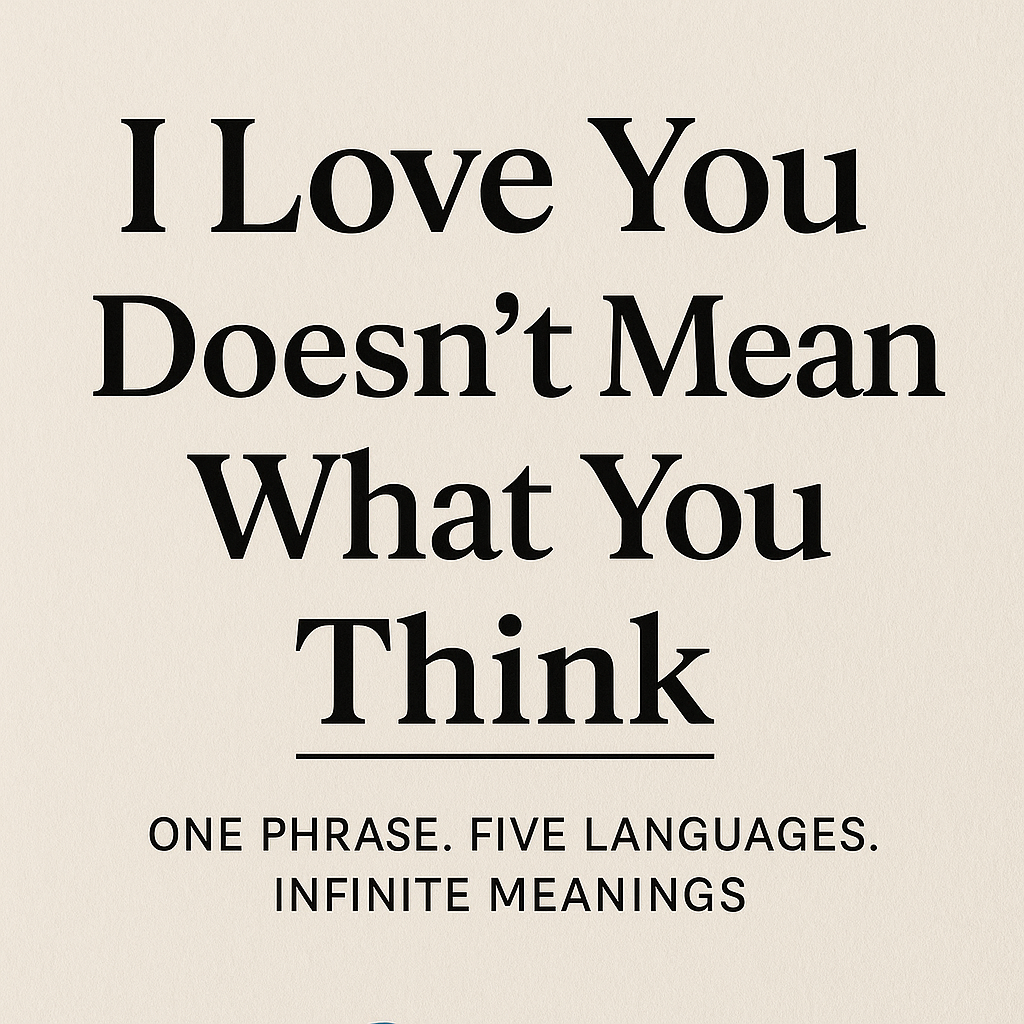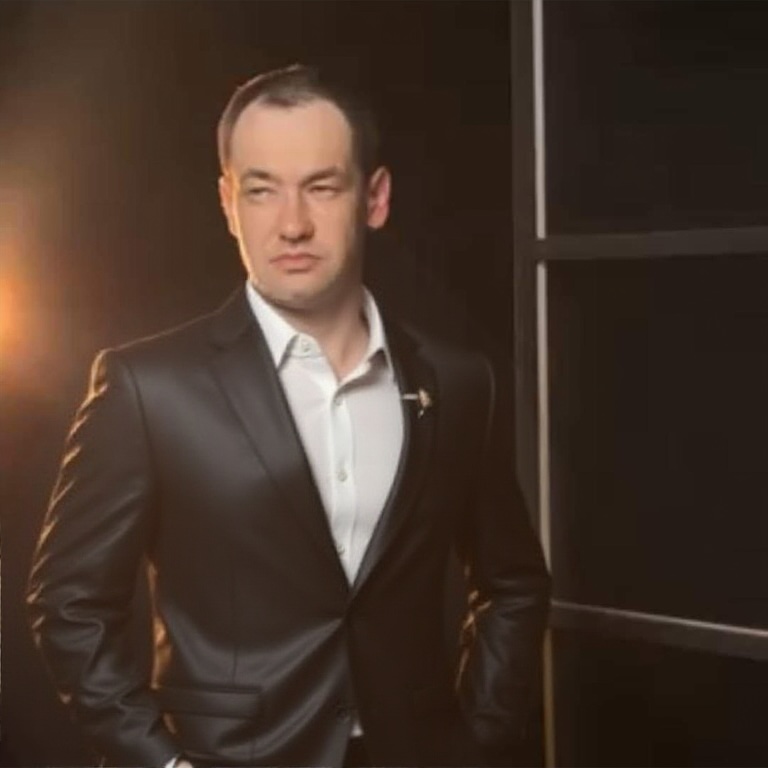一句话。五种语言。无限含义
"并不是每一句'我爱你'都有同样的含义。
有些比沉默更响亮。有些比空间更空旷"。
- 泰穆尔-列维廷
简单的假象
学生们经常问
"你怎么说 我爱你 西班牙语?"
"德语也一样吗?"
"人们用英语还是俄语说得更多?"
但真正的问题是
不同语言中的 "我爱你 "含义相同吗?
答案是 没有.
差远了。
英语:轻便、简单、灵活
英语中的 "我爱你 "是
- 好说
- 常用
- 情绪宽广
你可以爱
- 你的伴侣
- 贵友
- 一条狗
- 电影
- 薄饼
这使英语具有情感开放性--但同时也具有情感 模糊.
说 我爱你 并不总是意味着承诺。
有时它只是意味着"你现在很重要"
西班牙语:强烈、浪漫、多层次
在拉美西班牙语中,爱更有层次:
- 我愿意 - "我想要你"/"我在乎你"
→ 使用更随意:朋友、早期恋情、家庭 - 我爱您 - "我深深地爱着你"
→ 强烈、浪漫、严肃
说 爱你 太早会让人感觉过于紧张。
它有保留、有内容、有文化内涵。
在西班牙语中,爱有 发展.你会成长起来。
德语:谨慎、保留、真实
Ich liebe dich 德国人可不是随便说说的。
- 这很严重。
- 这很罕见。
- 并不是在每段关系中都会这么说。
许多德国人说
Ich hab dich lieb — “I have affection for you”
especially with children or close family.
In German, love is less verbal — and more shown through actions, time, presence.
说 Ich liebe dich too soon might even make the other person uncomfortable.
Russian: Deep, Heavy, Loaded
Я тебя люблю carries emotional weight.
It’s not a phrase people use every day — even in relationships.
There’s also no “light” version like te quiero 或 I like you a lot — unless you completely rephrase it.
In Russian, love implies:
- readiness
- sacrifice
- ownership
- emotional intensity
That’s why people sometimes avoid saying it — or say it only once.
Ukrainian: Honest, Sincere, Vulnerable
Я тебе кохаю — is poetic, romantic, almost sacred.
Used rarely. Always sincerely.
Я тебе люблю — is more common, still sincere, still strong.
But less formal than кохаю.
There’s often a cultural fear:
“If I say it — what happens next?”
In Ukrainian, saying кохаю is like opening your chest without armor.
That’s why silence is often used instead.
Not out of coldness — but depth.
So What’s the Lesson?
The same sentence — 我爱你 — may:
- open a heart
- close a conversation
- trigger fear
- express gratitude
- mean everything
- or mean nothing at all
It depends on:
- 语言
- 文化
- intonation
- timing
- history between the speakers
That’s why teaching language without teaching emotion is incomplete.
At Levitin Language School, We Teach the Difference
We show students:
- when to say “I love you”
- when to wait
- how to feel the shift in tone
- 什么 不 to translate directly
Because language is not just communication — it’s navigation through emotion.
我们博客的相关文章
→ 谢谢,谢谢,非常感谢
→ Real Language Is Never Literal
→ 语言障碍与语言无关
→ Grammar Is How We Think
📘 Part of the Series: 你知道的词语 - 你不知道的含义
Explore how familiar words carry unfamiliar meanings across languages and cultures.
👤 Learn more about the author → Tymur Levitin
© Tymur Levitin。保留所有权利。
























